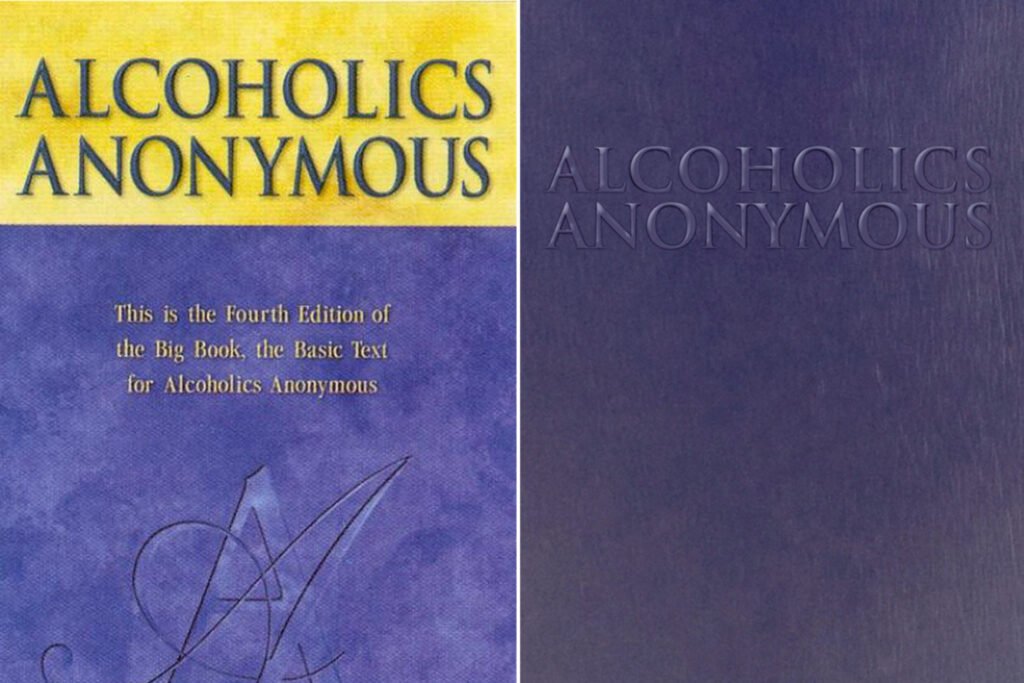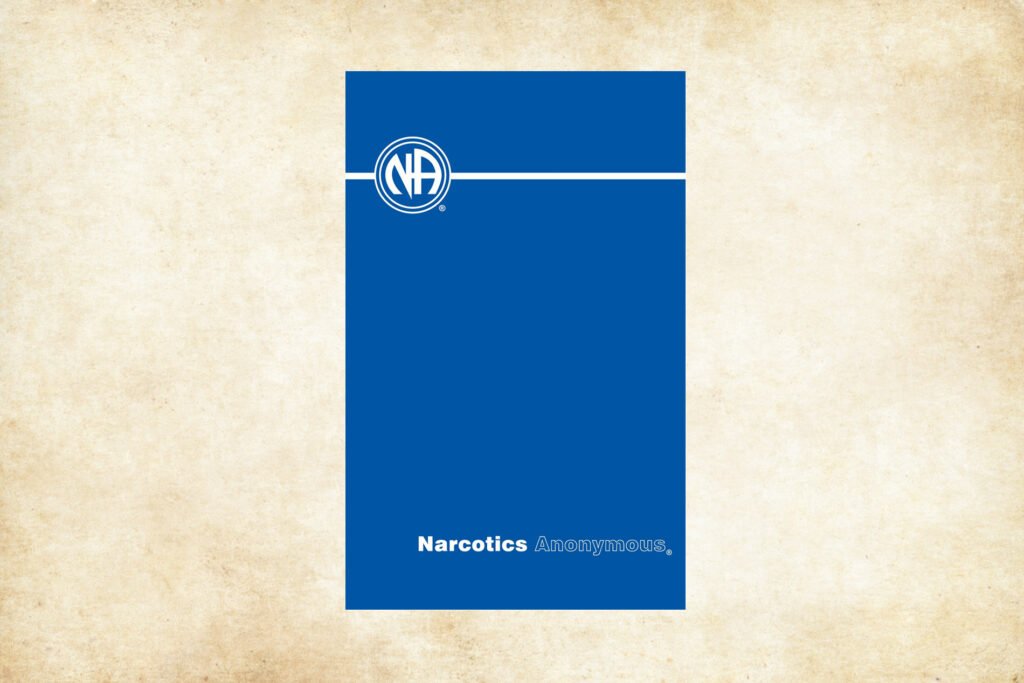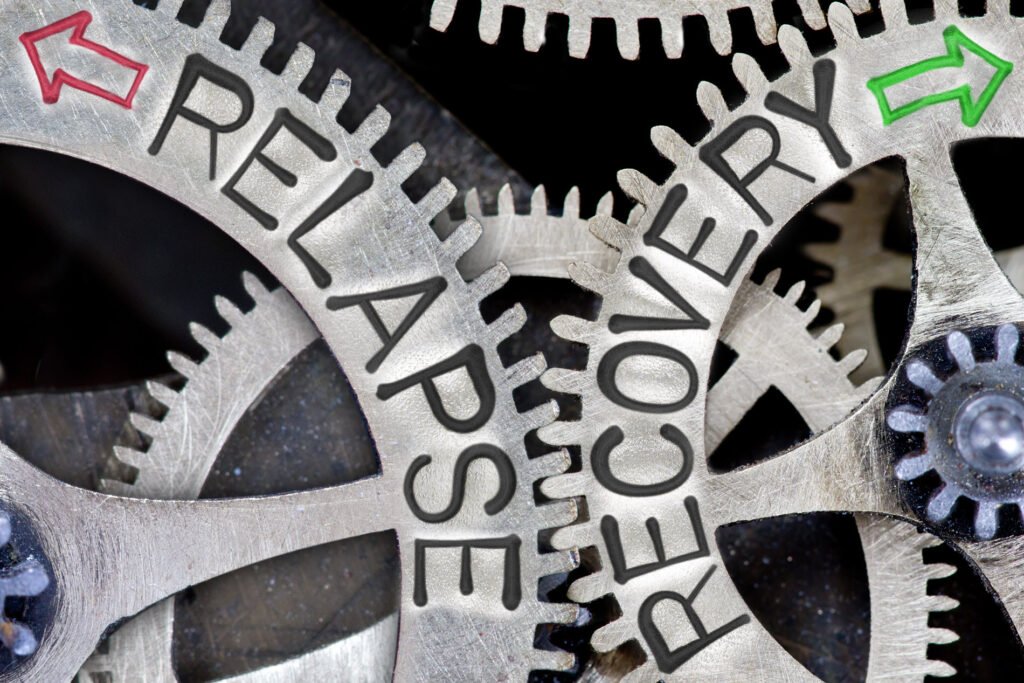What is a “Sponsor”?
The official AA literature defines a sponsor as “an alcoholicAn individual with an unhealthy dependence on alcohol. From the perspective of AA, it is an individual who has lost control over their life due to an inability to stop drinking. More who has made some progress in the recoveryThe process by which addicts attempt to break the hold a certain substance or behavior has on their lives. This can refer to participation in a wide variety of methods. What they all have in common, is a sense that life is improving and the addict is regaining control. More programThis refers to any official course of treatment for addiction. This could be anything from in-patient facilities, to 12-step programs to harm-reduction programs. More shares that experience on a continuous, individual basis with another alcoholic who is attempting to attain or maintain sobrietyIn 12-step programs, an individual is sober when they are no longer partaking in the behavior or substance to which they are addicted and living a better life following the program. Both are necessary to achieve sobriety. More through AA.” Sponsors serve an identical role in other 12-step fellowships.
The official definition significantly underrates the role of the sponsor. If you choose correctly, they will be an integral part of recovery. They will help keep you on the straight and narrow and avoid relapseRelapse in the context of 12-step programs refers to the act of reverting to harmful behaviors associated with addiction after a period of recovery. This return to substance use or compulsive behavior disrupts the recovery process and often leads to a resurgence of destructive patterns that the indi... More. It is deeply inadvisable to attempt to work the steps without the guidance and advice of your sponsor on every single step. At first, you can select a temporary sponsor and begin work with them. But ultimately, finding the right permanent sponsor will be a crucial element in determining the success of your recovery. Therefore, it is very important to make the right choice in this regard.
Remember that performing serviceAA and other 12-step fellowships do not normally have employees. Instead, members volunteer and take roles necessary for the operation of the different groups and the larger infrastructure of the fellowship. Common roles of service include secretary, treasurer, and chairing meetings. More for the fellowshipThis refers to the members of AA and the bonds of support between them. It is this fellowship that allows addicts to share their stories and accept each other in a world that is not always understanding. More and its members is an important part of recovery. Therefore, in a very real way, you and your sponsor are helping each other through recovery. The sponsor and sponsee relationship is one of the best examples of the kind of mutual fellowship which helps 12-step participants remain sober in the long-term.
When looking for a sponsor, do not settle for the first memberAn individual who attends 12-step program meetings and has the desire to overcome addiction. More you make a connection with.
Look for these important attributes in a potential sponsor:
1. A Sobriety Role-Model
Make sure that your sponsor has traveled a successful road towards recovery. A fresh individual will be dealing with much of the same uncertainty and difficulties as you. It is important to forge relationships with your peers, but they are not the right address for sponsorship.
A potential sponsor should have at least a year of sobriety and hopefully more. Through learned experience, your sponsor will accumulate wisdom and gain insight into living sober over time. They should ideally have worked the stepsThe term "12 steps" refers to the core principles of the approach to addiction exemplified by Alcoholics Anonymous and other similar groups. The 12 steps are a set of guidelines designed to help individuals overcome addiction and rebuild their lives. They were created by the founders of Alcoholics A... More at least once and have a clear idea of how the steps build off of each other.
Also, make sure they have fully benefitted from sobriety. Your sponsor should be an individual living a full and balanced life. If they have not quite gotten there yet, they are probably not ready to sponsor anyone. A shaky individual with a history of relapse is more in need of sponsorship than able to provide it.
2. No Romantic Connection
Try to choose an individual you will not be romantically involved with: If possible, avoid sponsors from the gender and/or age group you are sexually attracted to. Traditionally, AA and other groups have recommended that sponsors be of the same sex as the sponseeAn individual in a 12-step program requires a sponsor to help them work the steps and hold them accountable for their recovery. The sponsor should be readily available when help is needed. A member with a sponsor is considered to be the sponsee. More to avoid romantic entanglements. However, this is not great advice for individuals with same-sex attractions. Use common sense. If you feel that sexual or romantic desires could awaken on either end of the relationship with your potential sponsor, it is better to choose someone else.
3. Ready & Willing
Choose someone who wants to be a sponsor. You may put someone on the spot by asking. They could agree just to be supportive or to be of service to the fellowship. But, you do not want a sponsor who is accepting hesitantly. They may feel they are not quite ready for the responsibility yet. Perhaps they have too many other sponsees. Maybe they are going through a crisis at this time and are therefore not fully available.
A good way to make sure an individual is ready to sponsor is to wait for the portion at the end of the meeting when the chairThe chair or leader of the group is the individual leading discussion in a specific meeting. They run the reading and pick the topic for the meeting. It is also their job to make sure the meeting runs smoothly and the traditions are maintained. More asks if anybody is willing to act as a sponsor. Take note of the members raising their hands at the end of meetings. They are volunteering and therefore, ready and willing. Just go up after the meeting and ask. They will almost definitely say yes. You can also ask the chair to help you find a suitable sponsor.
- Make sure they are available. Before you take on a permanent sponsor, you can see if the relationship works temporarily. One of the main things to look for is the availability of your temporary sponsor. A good sponsor will tell you to call any time, day or night if you require immediate support (obviously don’t turn calling sobbing at 4 AM into a habit). If you reach out, they should respond to you relatively quickly. This can be important because you may find yourself in very difficult situations with our sobriety on the line, and you need to be able to count on your sponsor.
- The ideal sponsor is attentive without being overbearing. There are two common traps sponsors fall into. Either they do not give the sponsee the support they need, or they become overbearing and controlling. A good sponsor finds that happy middle. They are there when you need them to guide and support you. However, they must realize it is your recovery and you have to do it for yourself. Pressure and control from the sponsor provide unnecessary stress in what is already a difficult time.
- 12-step fellowships are filled with wonderful individuals who are dedicated to providing service and assistance for their own sake. However, there are unscrupulous people everywhere and you need to be careful. You will be revealing a lot of sensitive information to your sponsor. You do not want them to use it against you in any way shape or form. So if you do not trust the potential sponsor in any way, choose someone else. Also, be very wary if your sponsor mentions the exchange of favors of any sort (financial, career advancement, sexual favors). The sponsor-sponsee relationship should not involve any quid pro quo.
Just avoid the red flags discussed above and remember, if you are even slightly uncomfortable, you can choose someone else or switch sponsors. At the end of the day, most potential sponsors are wonderful people and will do the job of supporting you while working the steps, admirably well. Choose a good sponsor and you may be rewarded with a life-long friendship and a healthy recovery!







